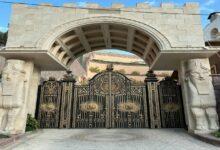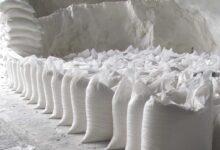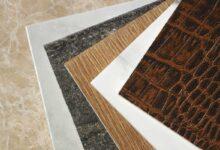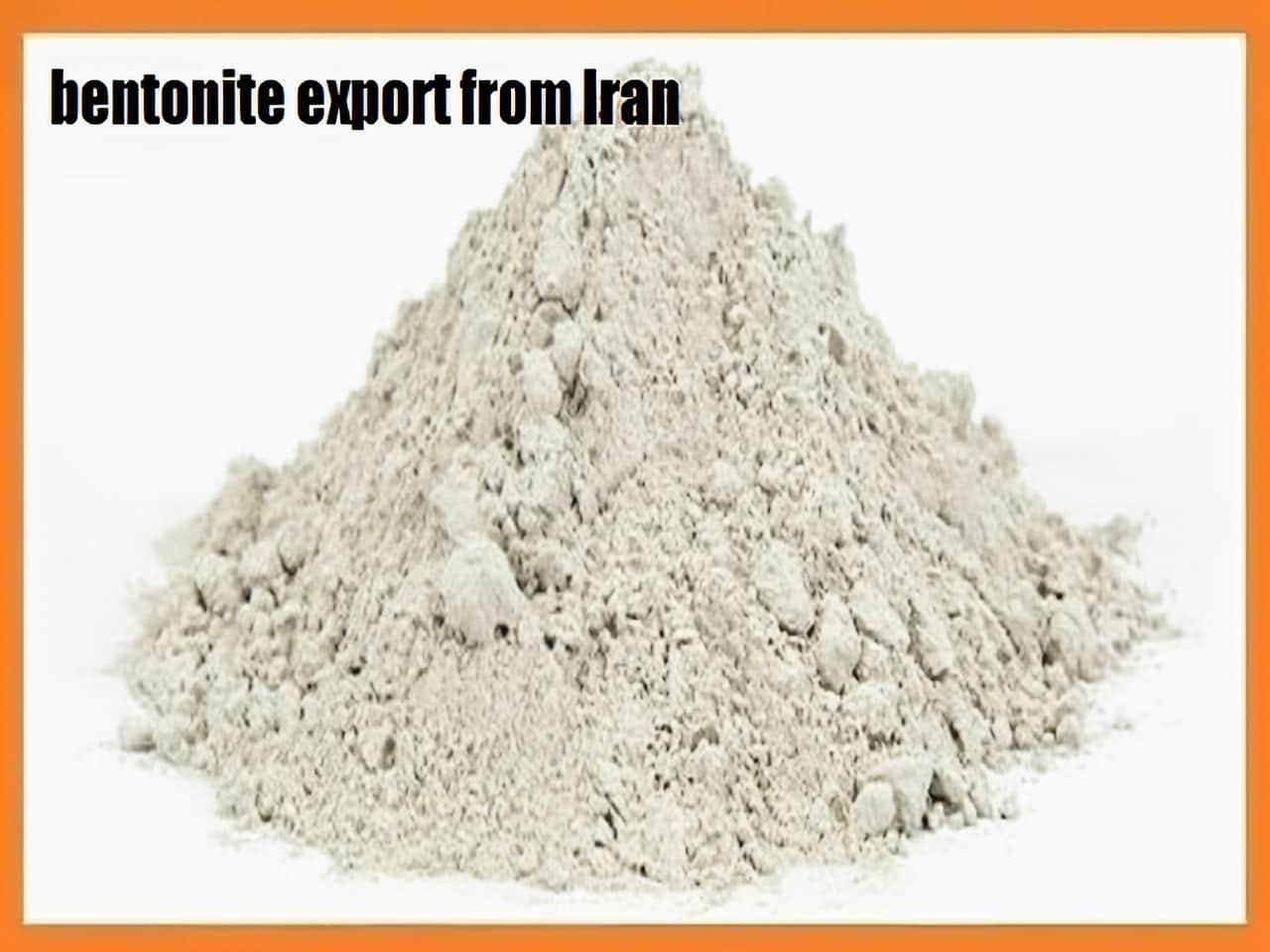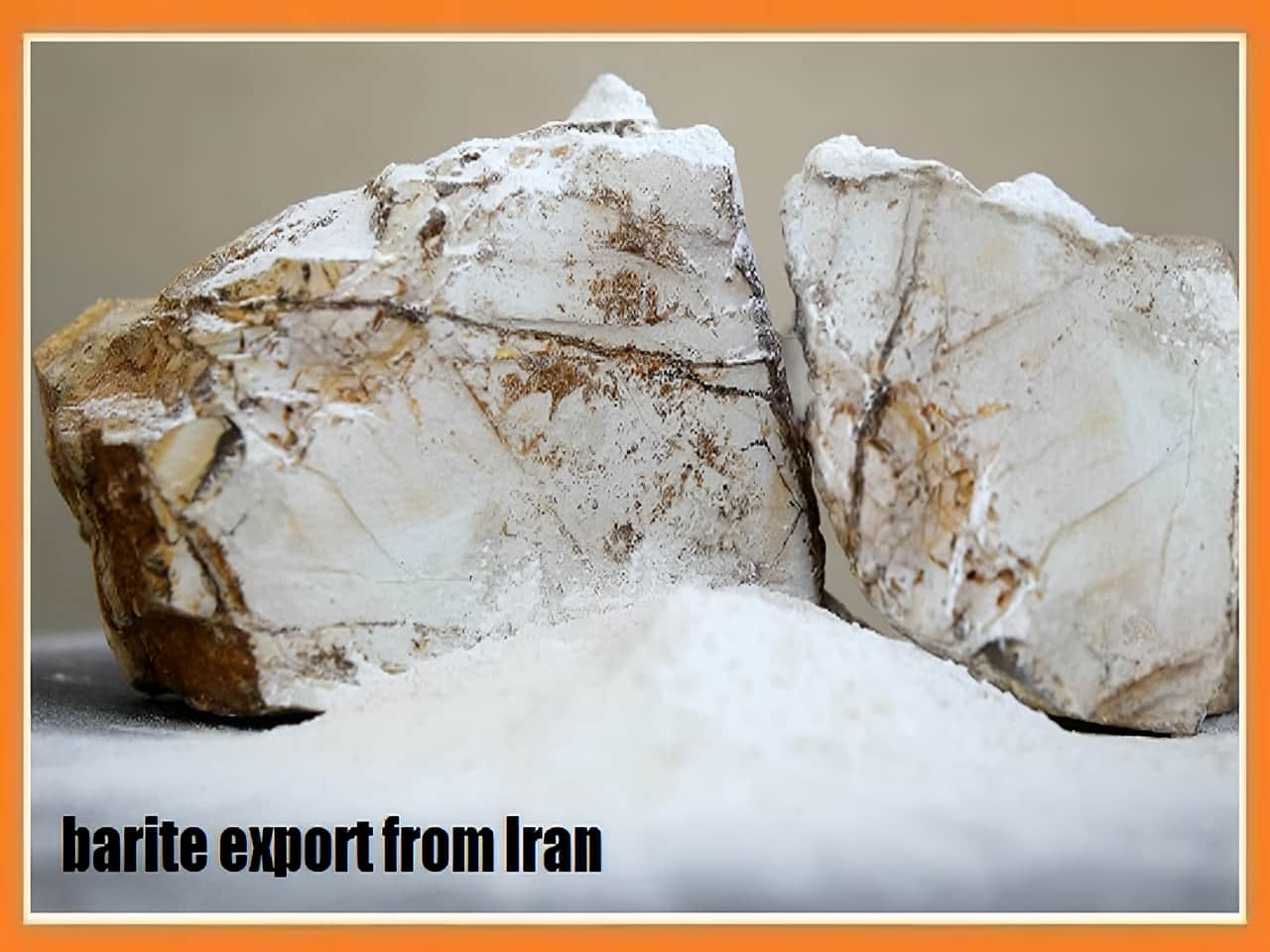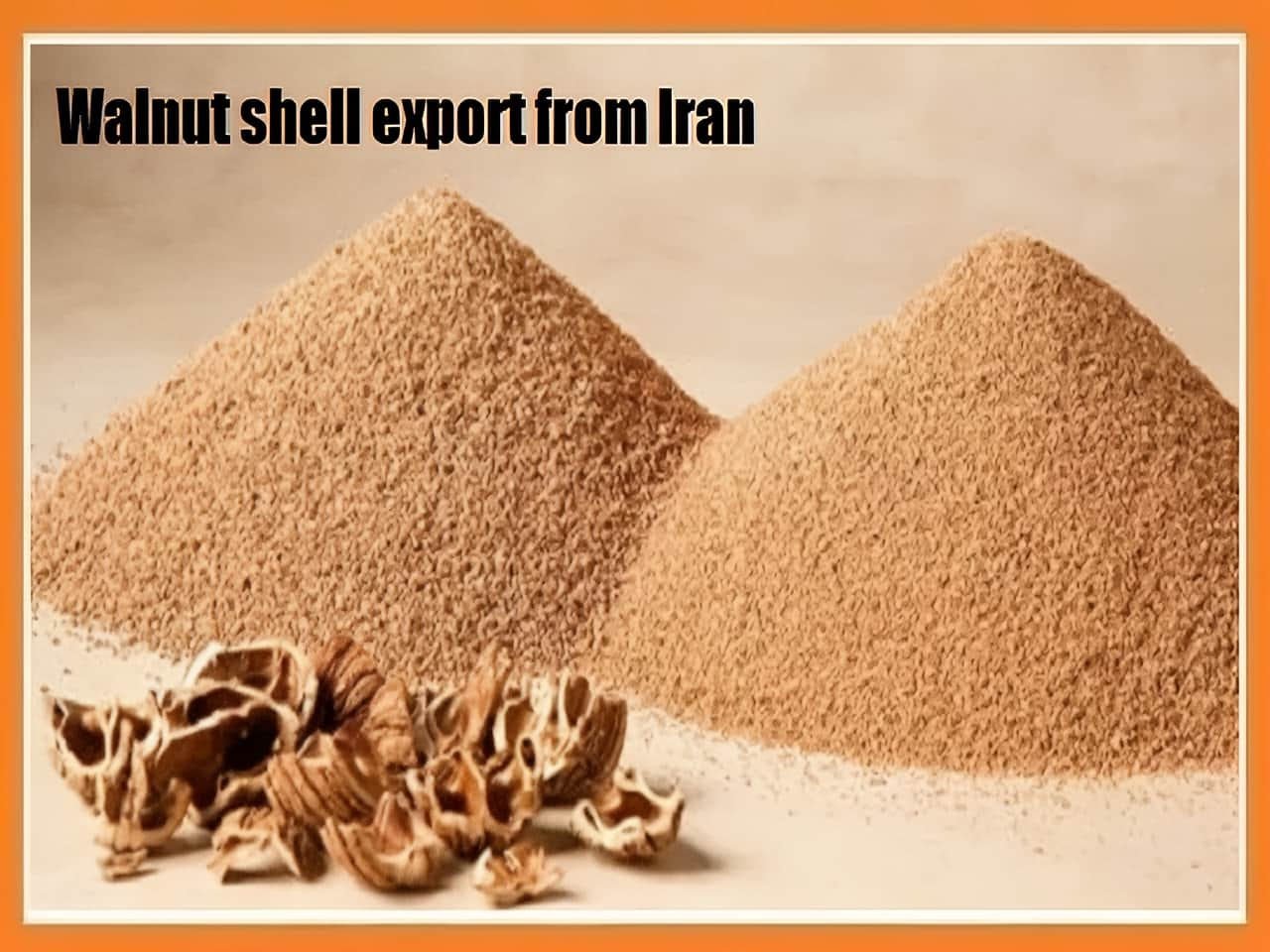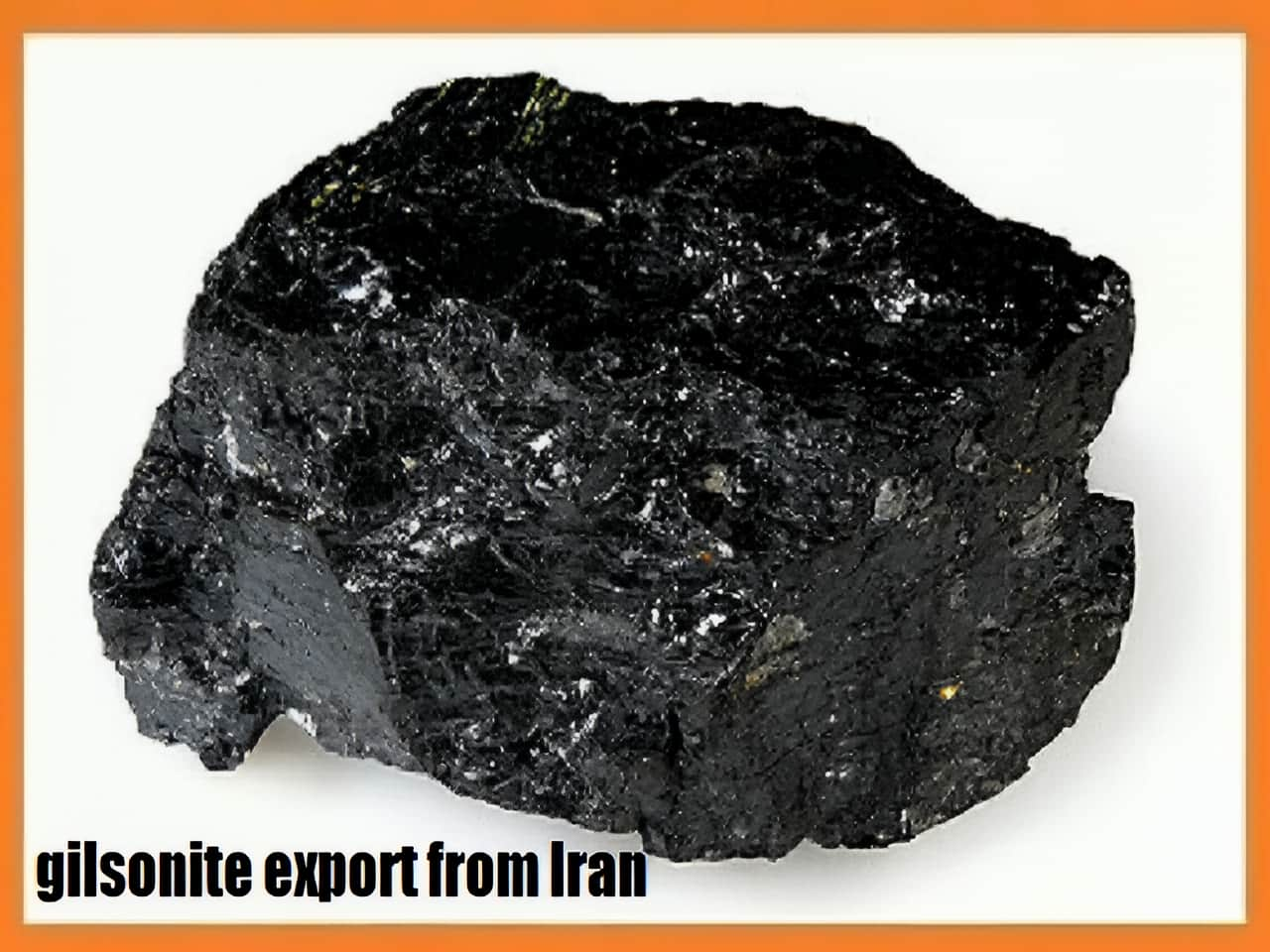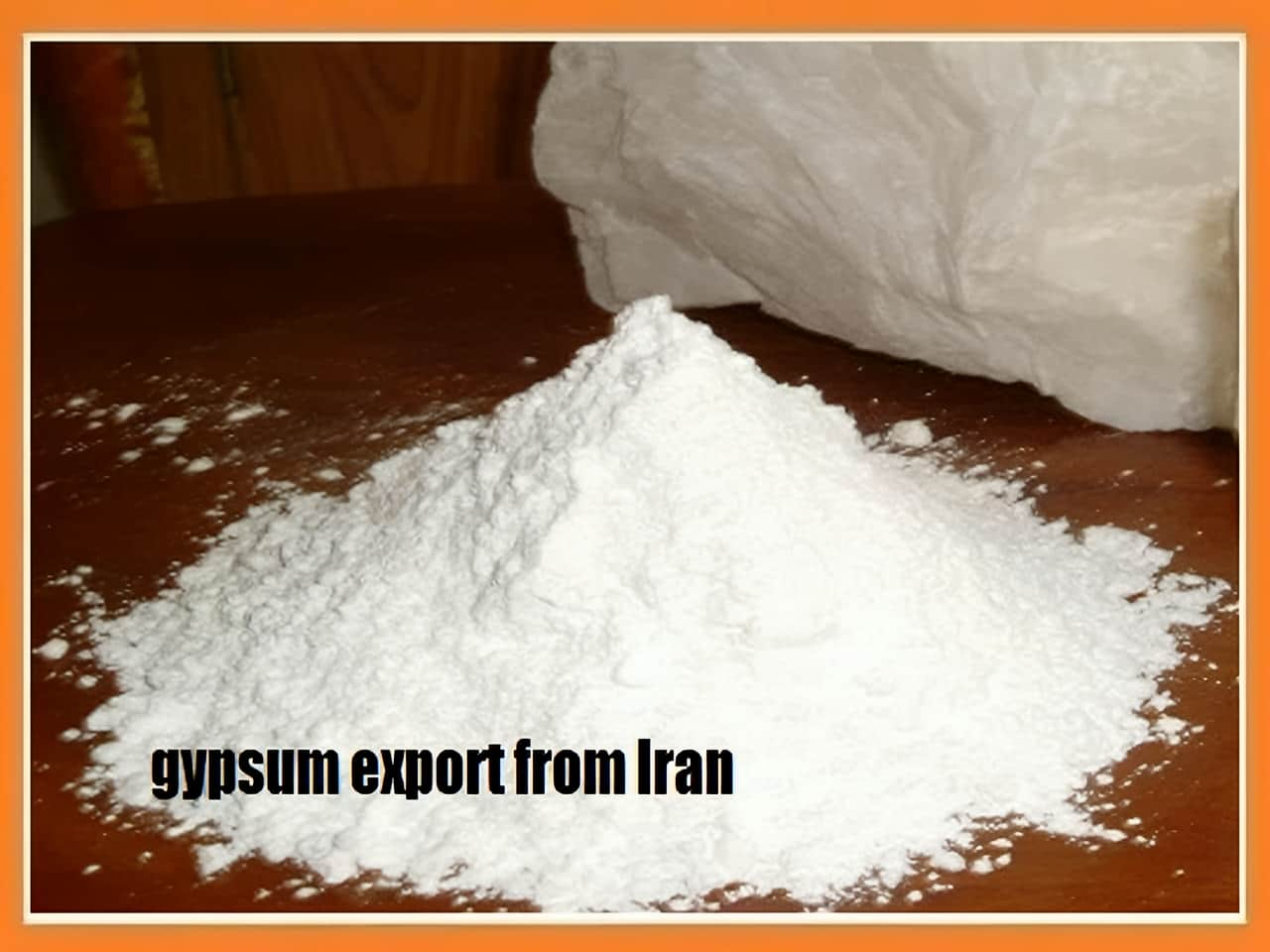Premium Iranian minerals export
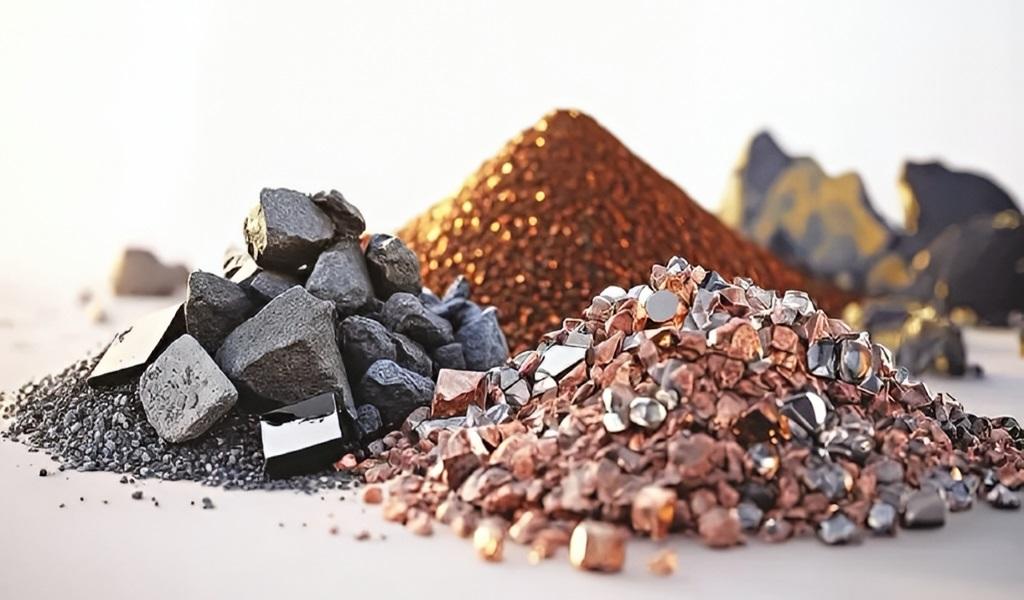
Buy premium Iranian minerals including bentonite, barite, and walnut shell powder directly from Iran and access high-demand industrial-grade raw materials used in drilling, cosmetics, construction, and agriculture. Known for their purity and effectiveness, Iranian bentonite offers excellent absorption and sealing properties, while Iranian barite is valued for its high specific gravity in oil and gas drilling. Walnut shell powder is widely used for abrasive cleaning, cosmetics, and filtration. These top-grade minerals are processed to meet global standards. Check our updated export price list and connect with trusted suppliers in Iran for consistent quality and competitive prices. are you familiar with mines and minerals? Several mines in iran explore and extract minerals. Exporters trading through cooperation with these mines can sell bentonite, barite, walnut shells, gilsonite, gypsum powder, and iranian cement powder at reasonable prices.
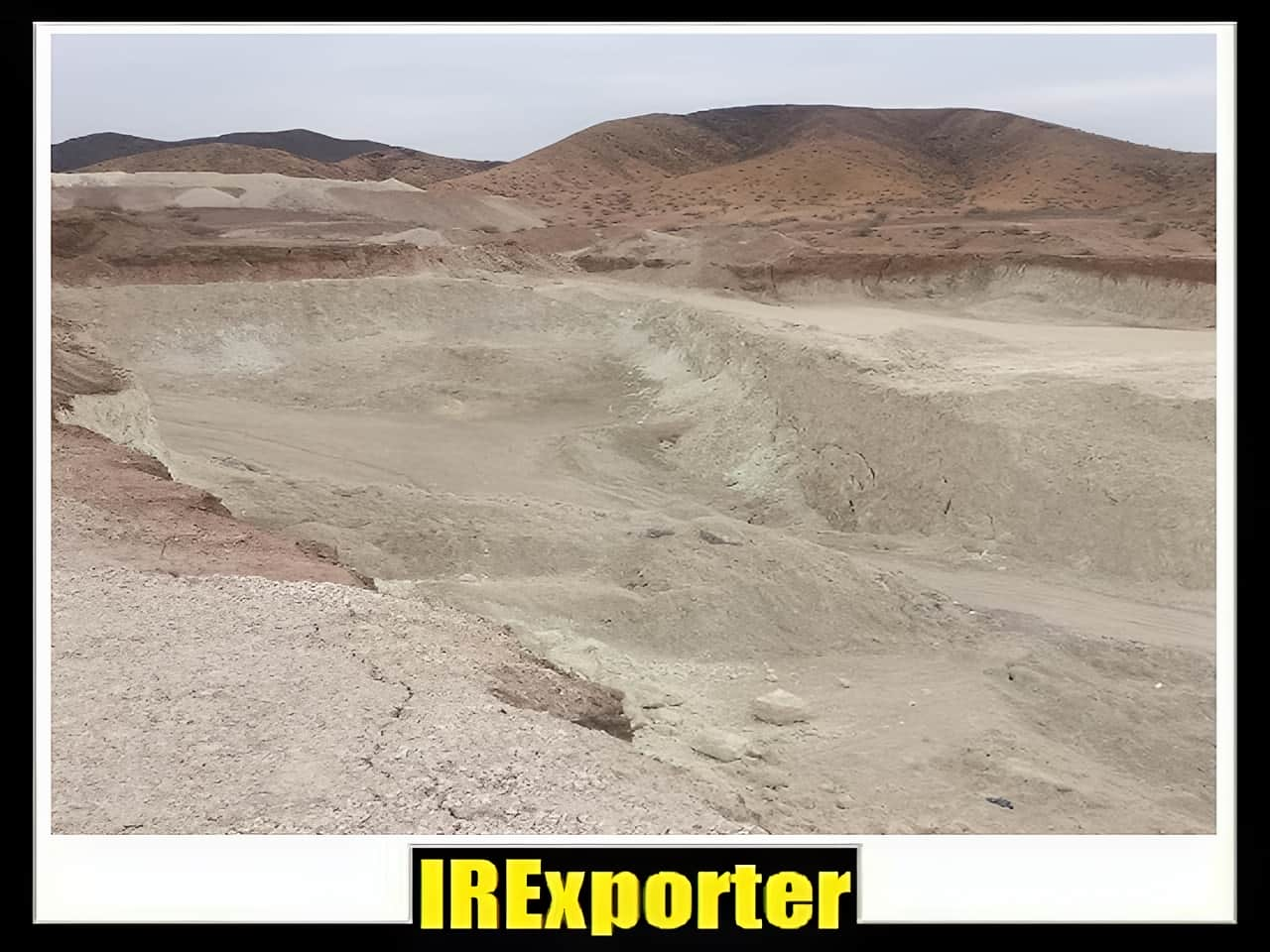
Discover premium Iranian minerals
bentonite, barite, and walnut shell powder—sourced directly from Iran and trusted across industries worldwide. Renowned for their purity, consistency, and industrial performance, these raw materials are essential in sectors such as oil and gas drilling, cosmetics, construction, and agriculture. Iranian bentonite stands out for its exceptional absorption, swelling, and sealing capabilities, making it ideal for drilling fluids and environmental applications. Iranian barite, with its high specific gravity and chemical stability, is a vital weighting agent in oil and gas exploration. Walnut shell powder, a natural, biodegradable abrasive, is widely used for surface polishing, filtration, and in eco-friendly cosmetic formulations. All minerals are processed to international standards, ensuring superior performance and reliability. Partner with leading Iranian suppliers for steady access to high-demand mineral products and benefit from consistent quality and seamless global delivery.
bentonite mineral powder
bentonite is a crystalline clay mineral formed through the weathering and chemical transformation of igneous rocks, typically volcanic ash. It was historically used as a detergent. Bentonite’s strength diminishes the further it is from the volcanic source, especially in salty and swampy environments. When a handful of bentonite is mixed with a liter of water, it compacts and becomes harder than concrete after drying.
mineral barite powder
barite is extensively used for drilling purposes in the oil industry. It acts as a weighting agent to increase the hydrostatic pressure of the wellbore and control high-pressure zones during drilling. Barite’s softness prevents coating issues with drilling tools and acts as a lubricant. Its chemical neutrality ensures compatibility with other components used in drilling mud.
gilsonite micronized powder
gilsonite is a natural hydrocarbon and a type of bitumen and resinous mineral. It finds wide-ranging applications in various industries. Gilsonite powder is particularly important in industrial processes. It is a brittle, black substance that can be easily powdered. Gilsonite is compatible with petroleum products and commonly used to dilute and thicken them.
walnut shell powder
walnut shell powder, once considered waste, is now recognized for its various beneficial substances such as vitamins, alkaloids, phenols, amino acids, phenolic carboxylic acids, coumarins, and proteins. Walnut shells are rounded and come in different sizes.
gypsum powder
gypsum is a naturally occurring mineral known chemically as calcium sulfate water. It is highly valued in the construction industry and used to cover interior surfaces of building walls and roofs, providing a smooth surface for painting and other interior finishes. Gypsum has multiple uses depending on its type, but its primary application is in the construction field.
cement powder
cement is a powder made from limestone, clay, and other stone materials. It is mixed with sand, gravel, and stone to create various types of mortar and concrete. The most commonly used cement is portland cement, while other types like ordinary portland cement (opc13) and high-aluminum cement (hac15) have specific applications. Cement acts as a binding agent in concrete, ensuring the cohesion of stone grains. Good concrete fractures with stone grains splitting in half without damaging the cement itself. Cement plays a crucial role in construction, providing strength and load-bearing capacity.
irexporter specializes in exporting minerals to different countries, including turkey, pakistan, uzbekistan, iraq, georgia, afghanistan, cyprus, kuwait, oman, qatar, syria, armenia, turkmenistan, russia, morocco, europe, africa, australia, new zealand, malaysia, germany, sweden, bangladesh, thailand, singapore, and cyprus.
we operate as a minerals export agency within the iran minerals exporter exchange. Our export minerals shopping center offers a wide range of options. With our iran export minerals business group, we handle transportation and logistics to ensure smooth deliveries. We provide a guide to specifications of export minerals from iran and offer a comprehensive sales system.
if you are looking to buy export minerals or need guidance on the right type to purchase, we can assist you. Our goal is to provide the best export minerals at competitive prices. We offer wholesale sales, ensuring high-quality minerals with affordable pricing. Whether you need the highest quality or the most cost-effective options, we have you covered.
for convenient purchasing, we offer an online store for export minerals from iran. You can place immediate orders and rely on our guide for a seamless buying experience. We provide photos and images of export minerals in our gallery and maintain an up-to-date catalog. Our commitment is to deliver excellent export quality minerals, backed by guarantees and after-sales service.
overview of iranian mineral exports
iran is a rich country in terms of minerals and has a diverse range of minerals including bentonite, barite, walnut shell, gilsonite, cement, and gypsum. The country is the largest exporter of barite in the world and has a significant presence in the global market for these minerals. Iran’s mineral sector plays a crucial role in the country’s economy and has a significant impact on its exports and trade balance. In this article, we will take a closer look at the export of various minerals from iran and the purchase price of these minerals in the global market.
bentonite export from iran
bentonite is a type of clay that is widely used in various industrial applications such as drilling mud, iron ore pelletizing, and foundry sand bonding. Iran is one of the largest producers and exporters of bentonite in the world and has a significant share of the global market. The export of bentonite from iran is mainly done to countries in asia, europe, and north america. The average purchase price of bentonite exported from iran is around $150 per metric ton.
barite export from iran
barite is a mineral that is widely used as a weighting agent in the oil and gas drilling industry. Iran is the largest producer and exporter of barite in the world and has a significant presence in the global market. The export of barite from iran is mainly done to countries in asia, europe, and north america. The average purchase price of barite exported from iran is around $150 per metric ton.
walnut shell export from iran
walnut shell is a natural abrasive that is widely used in various industrial applications such as sandblasting and cleaning. Iran is one of the largest producers and exporters of walnut shell in the world and has a significant share of the global market. The export of walnut shell from iran is mainly done to countries in asia, europe, and north america. The average purchase price of walnut shell exported from iran is around $200 per metric ton.
gilsonite export from iran
gilsonite is a type of asphalt that is widely used in the oil and gas industry. Iran is one of the largest producers and exporters of gilsonite in the world and has a significant share of the global market. The export of gilsonite from iran is mainly done to countries in asia, europe, and north america. The average purchase price of gilsonite exported from iran is around $1,000 per metric ton.
cement export from iran
cement is a building material that is widely used in construction activities. Iran is one of the largest producers and exporters of cement in the world and has a significant share of the global market. The export of cement from iran is mainly done to countries in asia, europe, and north america. The average purchase price of cement exported from iran is around $50 per metric ton.
gypsum export from iran
gypsum is a mineral that is widely used in the construction industry for making plaster and other building materials. Iran is one of the largest producers and exporters of gypsum in the world and has a significant share of the global market. The export of gypsum from iran is mainly done to countries in asia, europe, and north america. The average purchase price of gypsum exported from iran is around $30 per metric ton.
factors influencing the purchase price of exported minerals
several factors influence the purchase price of exported minerals from iran. Some of these factors include global demand and supply.
the purchase price of exported minerals from iran is influenced by several factors, including:
global demand and supply: the global demand and supply of minerals such as bentonite, barite, walnut shell, gilsonite, cement, and gypsum influence the purchase price of these minerals in the global market. If the demand is high and the supply is low, the price of these minerals will increase.
quality of minerals: the quality of the minerals being exported from iran can also influence the purchase price. High-quality minerals will fetch a higher price compared to low-quality minerals.
competition from other mineral-exporting countries: iran competes with other countries that export similar minerals. The competition from other countries can affect the purchase price of minerals exported from iran.
economic conditions in importing countries: the economic conditions in the countries that import minerals from iran can also influence the purchase price. If the economy is strong in these countries, the demand for minerals will be high, and the purchase price will be higher.
transportation costs: the transportation costs involved in exporting minerals from iran can also influence the purchase price. Higher transportation costs will increase the overall cost of the minerals, leading to a higher purchase price.
trade agreements and tariffs: the trade agreements and tariffs between iran and importing countries can also influence the purchase price of exported minerals. If the trade agreements are favorable, the purchase price will be lower, and if the tariffs are high, the purchase price will be higher.
exchange rate fluctuations: the exchange rate fluctuations between the currency of iran and the currency of the importing country can also influence the purchase price. A stronger currency in iran will result in a lower purchase price for its minerals, while a weaker currency will result in a higher purchase price.
overall, the purchase price of minerals exported from iran is influenced by a combination of these factors, and the price can fluctuate depending on the current market conditions.
The Best Iranian Natural Mineral Supplier Exporter Company
Are you looking for a reliable supplier and exporter of natural minerals? Look no further! Our company is the top choice when it comes to sourcing high-quality Iranian natural minerals. With years of experience in the industry, we specialize in providing a wide range of minerals to meet your specific requirements.
Why Choose Us?
Our commitment to customer satisfaction sets us apart from the competition. Here are some reasons why you should choose us for your mineral needs:
-
Extensive Product Selection
We offer an extensive range of natural minerals sourced from the finest mines in Iran. Whether you require minerals for industrial applications or personal use, we have you covered. Our product catalog includes minerals such as limestone, gypsum, marble, travertine, and more.
-
Superior Quality
Quality is our top priority. We meticulously select and inspect each mineral to ensure that it meets the highest industry standards. By purchasing from us, you can be confident in the quality of the minerals you receive.
-
Competitive Prices
We understand the importance of competitive pricing. Our company offers affordable prices without compromising on quality. Whether you need a small quantity or bulk order, we provide competitive prices to suit your budget.
-
Reliable Supply Chain
With a robust supply chain, we ensure timely delivery of your orders. Our logistics team works efficiently to handle all aspects of transportation, ensuring your minerals reach you in perfect condition and on time.
-
Customized Solutions
We understand that each customer has unique requirements. That’s why we offer customized solutions tailored to your specific needs. Whether it’s a specific grade, size, or packaging, we can accommodate your preferences.
-
Excellent Customer Service
Our dedicated customer service team is always ready to assist you. From answering your queries to providing guidance throughout the purchase process, we strive to deliver excellent customer service at every step.
How to Purchase
Purchasing natural minerals from us is a straightforward process. Simply follow these steps:
-
Submit Inquiry
Contact us via email or phone and provide details about the minerals you require. Our team will respond promptly and provide you with all the necessary information.
-
Quotation
Based on your requirements, we will prepare a detailed quotation outlining the price and other relevant terms. Rest assured, we offer competitive prices without compromising on quality.
-
Order Confirmation
Once you are satisfied with the quotation, confirm your order by providing the necessary details such as quantity, shipping address, and any specific requirements.
-
Payment
Make the payment as per the agreed terms and conditions. We offer secure payment options to ensure a smooth transaction.
-
Shipping
Sit back and relax as we take care of the shipping process. We will ensure that your minerals are properly packaged and delivered to your desired location within the agreed timeframe.
FAQs
-
Can I request samples before making a purchase?
Yes, we offer samples upon request. Contact our customer service team to discuss your sample requirements.
-
What is the minimum order quantity?
The minimum order quantity varies depending on the specific mineral. Please reach out to us with your requirements, and we will provide the necessary details.
-
Do you offer international shipping?
Yes, we have experience in shipping our minerals worldwide. No matter where you are located, we can arrange the delivery to your destination.
-
Can you assist with custom packaging?
Certainly! We understand the importance of customized packaging. Let us know your packaging preferences, and we will accommodate your needs.
-
Do you provide after-sales support?
Yes, we offer after-sales support to address any concerns or issues you may have. Our dedicated team will assist you in resolving any problems that arise after your purchase.
-
What payment methods do you accept?
We accept various payment methods, including bank transfers, credit cards, and online payment platforms. Our team will provide you with the available options and guide you through the process.
| Minerals export from Iran | |
|---|---|
| 💎 Product benefits | Good price and High quality |
| 💲 Export Minerals price | The lowest price in the trade market |
| ⏳ Quality of Minerals for export | Top-Grade |
| ⏱ How to send products | By ship shipping |
| 🎯 How to order | By email and call |
